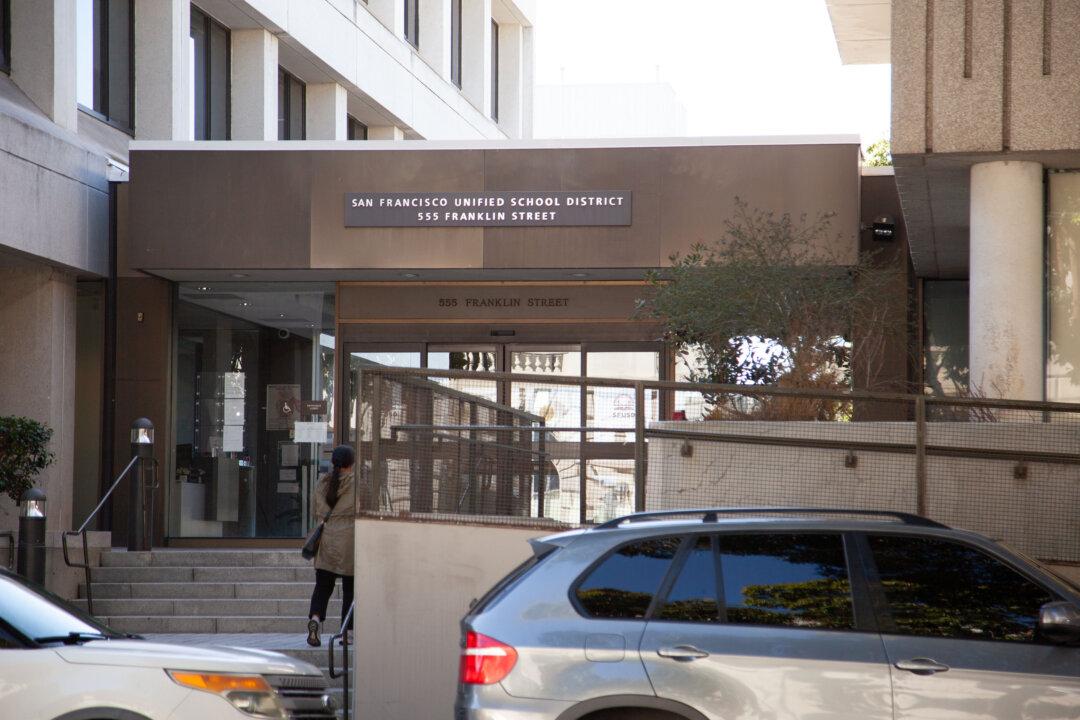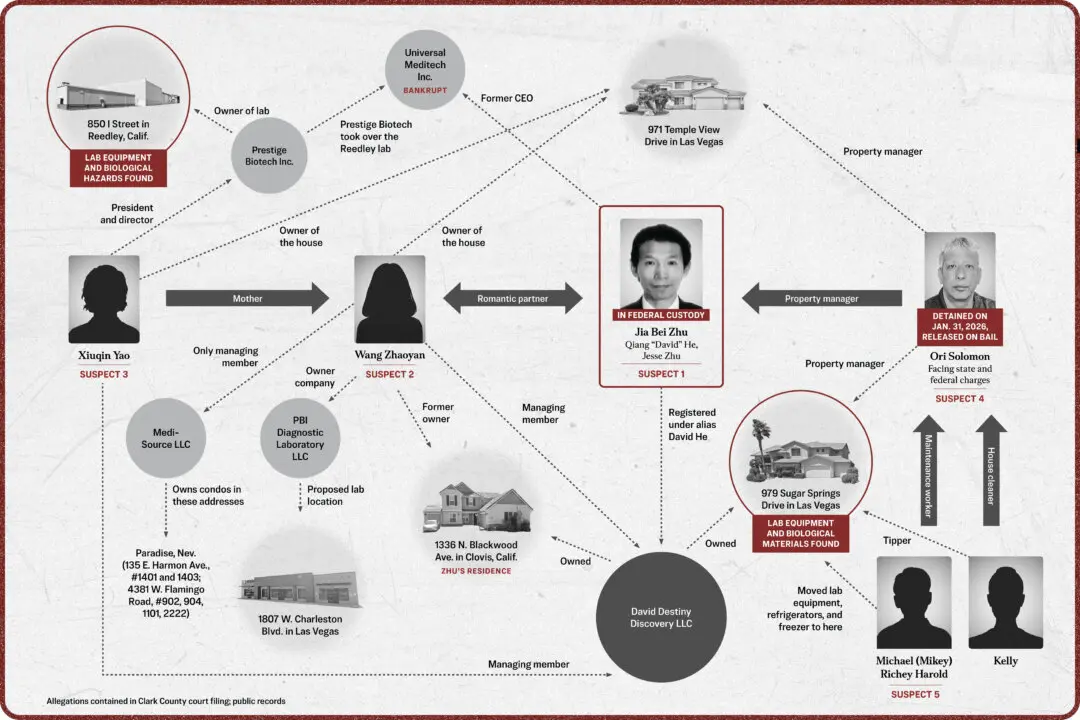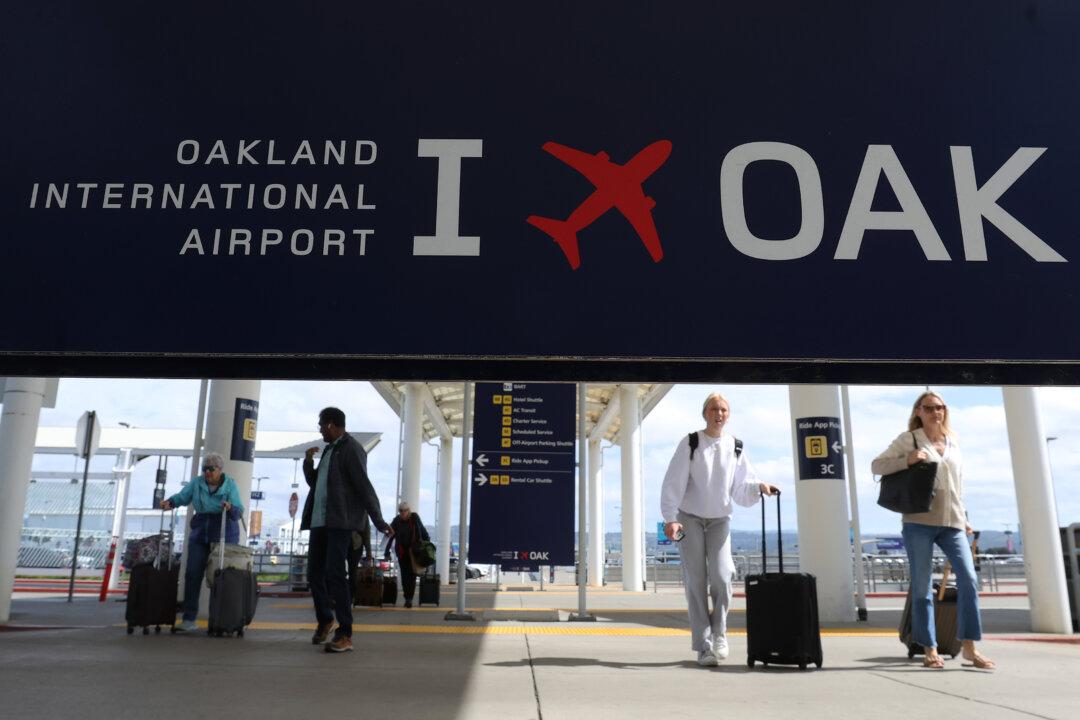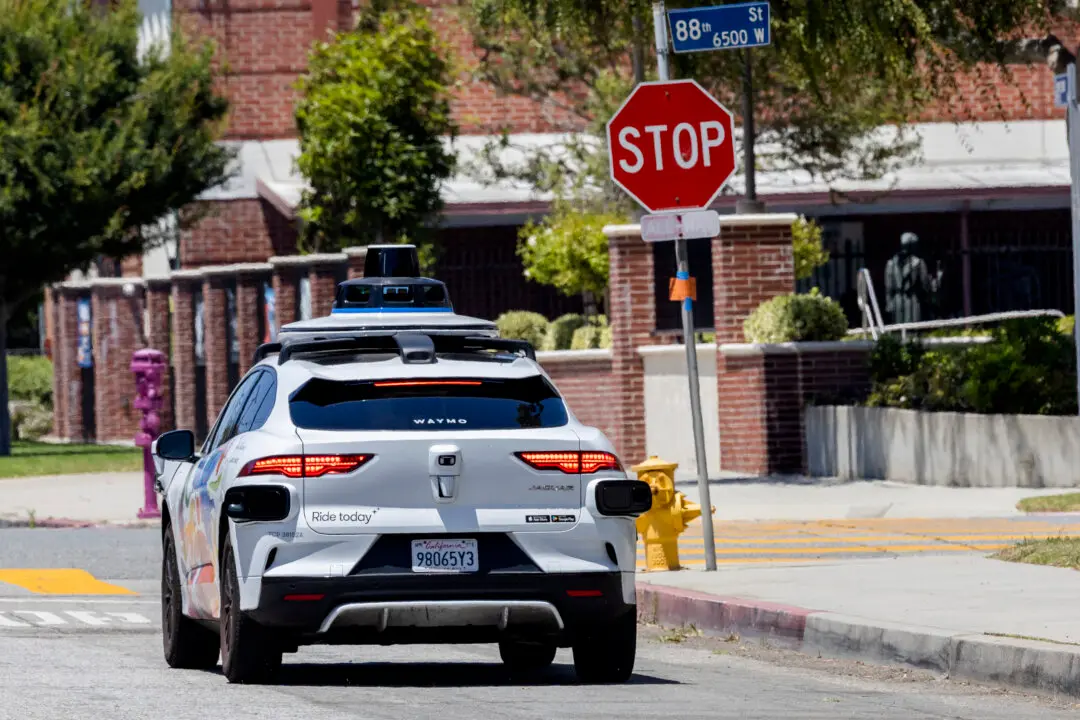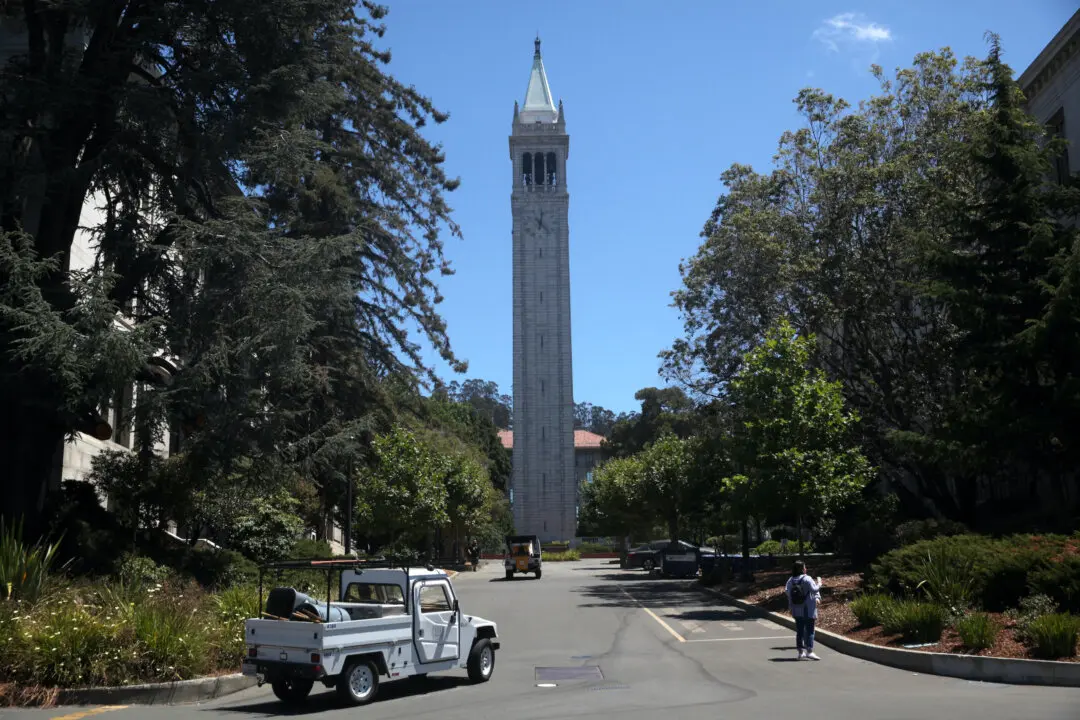News Analysis
SAN FRANCISCO—More and more San Francisco parents are willing to pay to send their children to private schools for grades seven to 12, according to an analysis of private school enrollment data collected by the California Department of Education.
